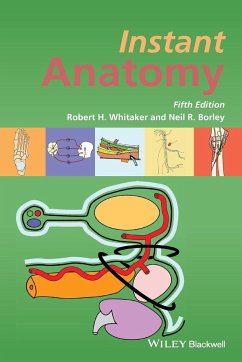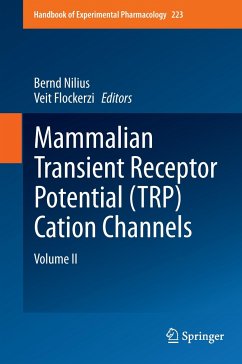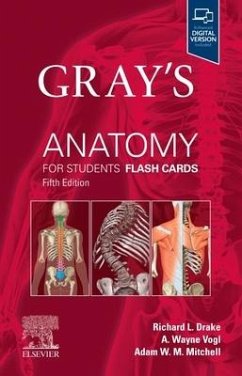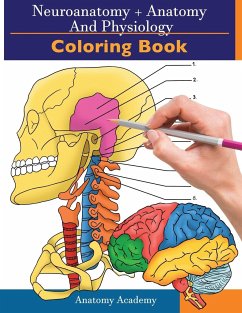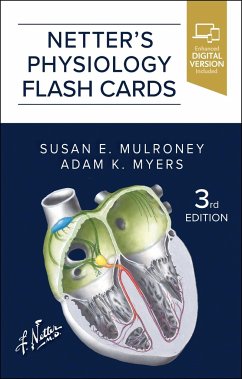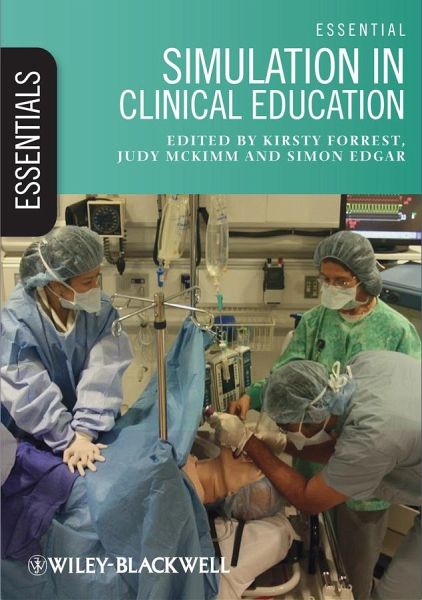
Essential Simulation in Clinical Education
Versandkostenfrei!
Versandfertig in über 4 Wochen
92,99 €
inkl. MwSt.
Weitere Ausgaben:

PAYBACK Punkte
46 °P sammeln!
This new addition to the popular Essentials series provides a broad, general introduction to the topic of simulation within clinical education. An ideal tool for both teaching and learning, Essential Simulation in Clinical Education provides a theoretical and practical introduction to the subject of simulation, whilst also offering strategies for successful use of simulators within general clinical education and demonstrating best practice throughout. This timely new title provides: The latest information on developments in the field, all supported by an evidence-base Content written by a glob...
This new addition to the popular Essentials series provides a broad, general introduction to the topic of simulation within clinical education. An ideal tool for both teaching and learning, Essential Simulation in Clinical Education provides a theoretical and practical introduction to the subject of simulation, whilst also offering strategies for successful use of simulators within general clinical education and demonstrating best practice throughout. This timely new title provides: The latest information on developments in the field, all supported by an evidence-base Content written by a global team of experts Discussion of policy and strategy initiatives to ground simulation within the healthcare context Practical examples of cases, including inter-professional learning. A superb companion for those involved in multi-disciplinary healthcare teaching, or interested in health care education practices, Essential Simulation in Clinical Education is the most comprehensive guide to the field currently available.




